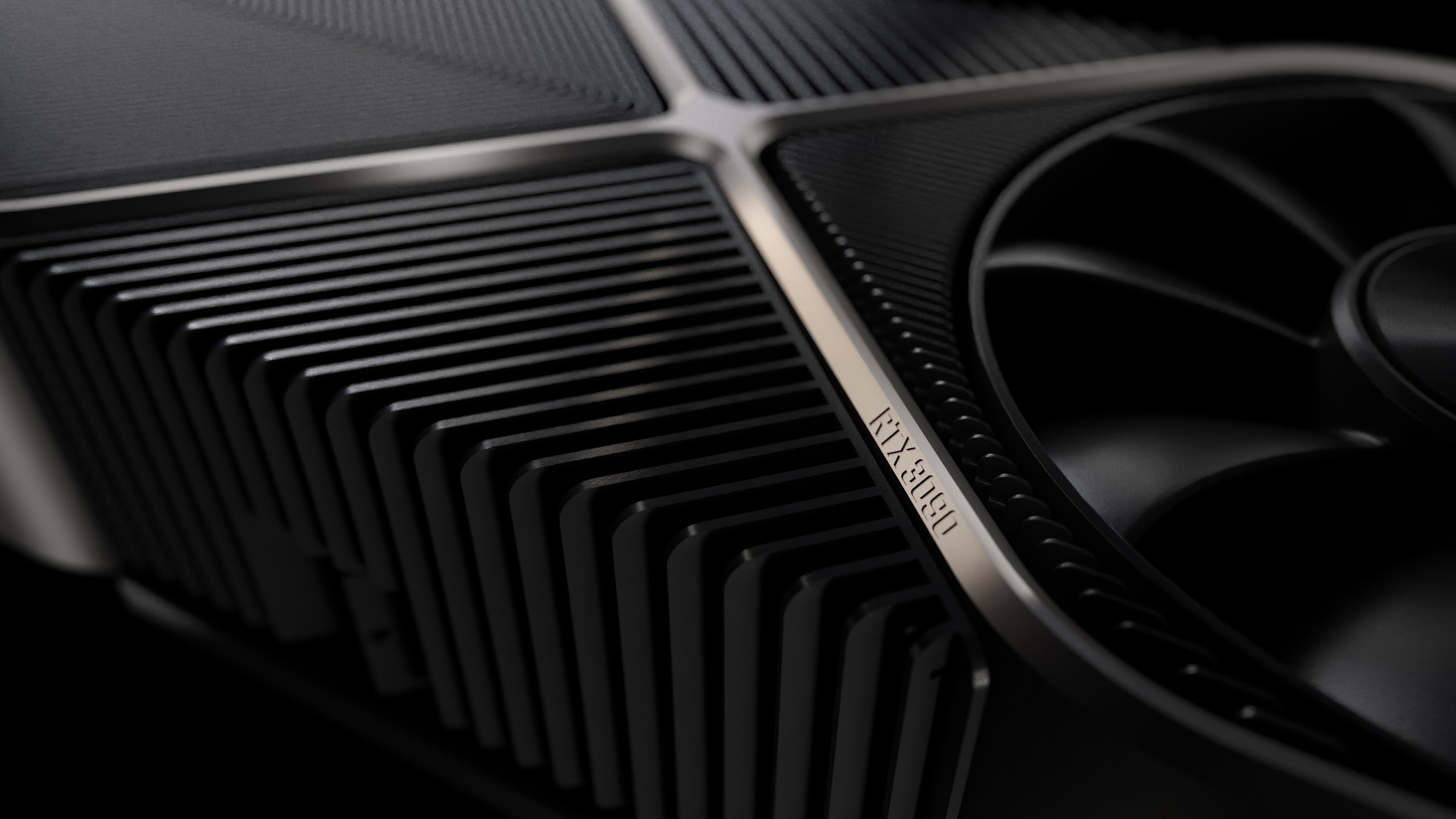
Nvidia has firmly denied speculation about hidden control mechanisms in its GPUs, reiterating that its products contain no kill switches, no backdoors, and no spyware. The company also urged U.S. policymakers to abandon proposals for hardware-level tracking or disabling features, calling them a “gift to hackers and hostile actors.”
The statement came in a new blog post published in both English and Chinese, following official pressure after Chinese regulators summoned Nvidia executives last week over concerns about potential “tracking and positioning” capabilities in H20 chips that were recently approved for export under a U.S.-China trade waiver.
At the same time, key legislators like Rep. Bill Foster and Senator Tom Cotton have introduced language in the proposed Chip Security Act calling for embedded location verification requirements for export-controlled AI accelerators and even some high-end consumer GPUs—though none of this is yet codified into law. More recently, the White House itself has confirmed it is considering chip tracking to curb AI hardware smuggling to China. Earlier this week, the DoJ announced it had arrested two Chinese nationals over allegations they had smuggled tens of millions of dollars' worth of GPUs to China.
In the post, David Reber Jr., Nvidia’s Chief Security Officer, emphasized that hard-coded, single-point controls are always a bad idea, warning that any hidden hardware mechanism—kill switch or backdoor—would undermine global trust in U.S. technology and create security vulnerabilities. Reber drew parallels to the failed Clipper Chip initiative of the 1990s, where backdoor provisions in encryption hardware became exploitable flaws, sparking industry backlash.

The blog comes at an awkward business moment as Nvidia recently said its guidance (revenue forecast) would have been roughly $8 billion higher if not for the halted H20 chip sales, which are set to resume soon. While the Trump administration plans to issue a waiver to resume those exports, Nvidia stressed that forcibly integrating kill-switch-like features could end up harming U.S. national security interests, not strengthening them.
Reber underscored that robust GPU security depends on defense-in-depth—layered safeguards, independent testing, and user consent—not on hidden firmware triggers. He likened a kill switch to “buying a car where the dealership keeps a remote for your parking brake,” rendering users powerless in critical moments.
Nvidia also pointed to broader industry consensus—Apple has long resisted similar government demands, and security experts generally view hardware backdoors as untenable. The statement closed firmly: “There are no back doors in Nvidia chips. No kill switches. No spyware. That’s not how trustworthy systems are built—and never will be.”
Follow Tom's Hardware on Google News to get our up-to-date news, analysis, and reviews in your feeds. Make sure to click the Follow button.







